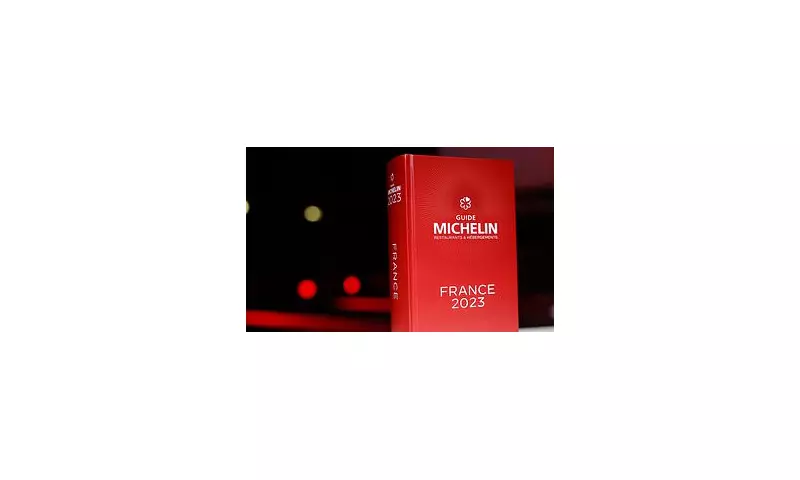
The revered Michelin Guide, long considered the gold standard in culinary excellence, is facing unprecedented scrutiny from chefs and restaurant professionals who question whether the prestigious red book still deserves its place at the top table of gastronomic authority.
Cracks in the Culinary Crown
Industry insiders are speaking out about what they describe as inconsistent judging standards and opaque evaluation processes. Several acclaimed chefs, speaking on condition of anonymity, revealed growing frustration with the guide's mysterious methodology and perceived biases toward certain culinary styles and establishment types.
'The system feels increasingly arbitrary,' confessed one Michelin-starred chef from London. 'We've seen restaurants with identical quality receive different treatment, while others maintain stars despite noticeable declines in standards.'
The Price of Prestige
For restaurants, the economic impact of Michelin recognition cannot be overstated. A single star can transform a struggling establishment into a fully-booked destination overnight, while losing a star can spell financial disaster. This immense power, critics argue, gives the guide disproportionate influence without sufficient accountability.
Recent years have seen several high-profile chefs publicly reject their Michelin stars, citing the immense pressure and questioning whether the recognition truly reflects culinary excellence or has become more about theatre and spectacle.
Changing Palates in a Digital Age
In today's digitally-driven dining landscape, where platforms like Instagram and TikTok shape culinary trends and consumer choices, some question whether the Michelin Guide's traditional approach remains relevant. Modern diners increasingly trust peer reviews and social media influencers alongside, or even above, established critical authorities.
'Younger generations approach dining differently,' noted a restaurant industry analyst. 'They value authenticity, sustainability, and unique experiences as much as technical perfection. The Michelin system hasn't always kept pace with these evolving priorities.'
What Lies Ahead for Food Criticism?
The controversy raises broader questions about the future of restaurant criticism in an era of democratised opinion. While the Michelin Guide undoubtedly transformed global dining culture since its inception in 1900, the culinary world is debating whether its century-old model requires modernisation to maintain credibility.
As the conversation grows louder within professional kitchens and dining rooms across the UK, the gastronomic community watches closely to see how the iconic guide will respond to these challenges to its authority.





